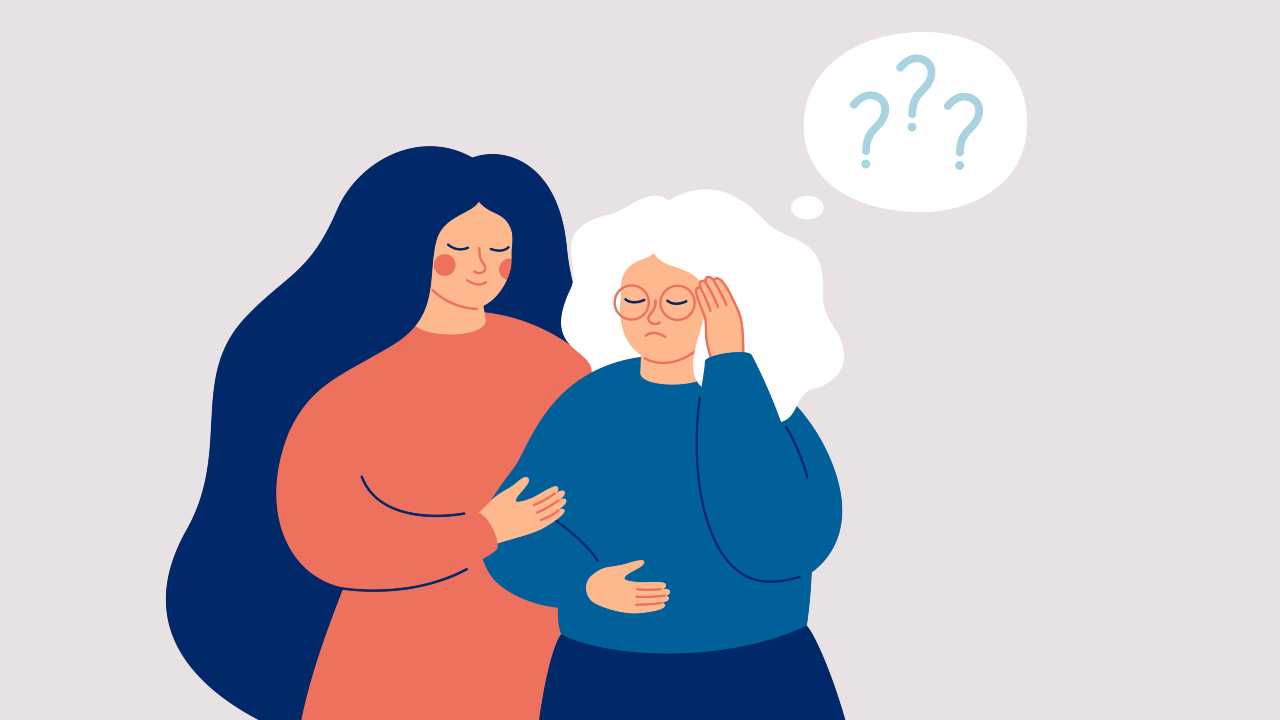Alzheimer’s, let’s learn to deal with it
Living with Alzheimer’s disease is a terrifying experience for the patient and those around him: here’s what we can do to prevent it.
Alzheimer’s disease remains one of the greatest scourges of our time with a devastating impact on the lives of millions of people around the world.
It’s a subtle disease, which slowly steals away memories, abilities and even identities of the people affected.
This disease, which constitutes 50-80% of dementia cases spares no one: it doesn’t look at age, nor social or cultural background.
However, being aware of the course of this degenerative disease can help us deal with it better: here are the consequences of Alzheimer’s disease.
It doesn’t just affect older people
Characterized by gradual memory loss and a deterioration of cognitive functions, Alzheimer’s disease is an implacable enemy that tends to worsen over time. The first signs may be subtle, almost imperceptible, such as a lapse in memory or increasing difficulty learning new information. But as the months and years pass, the disease develops increasingly invasive. Patients may lose their way in familiar places, forget the names of loved ones and even forget how to carry out daily tasks such as talking, eating or walking.
Although Alzheimer’s disease is often associated with aging, it’s important not to normalize it. Although most patients are over 65 years old at the time of diagnosis, there are cases in which this disease it occurs in people who are still relatively young, even around the age of fifty. The effects of Alzheimer’s disease are not limited to the affected person, but they also extend to their loved ones and to society as a whole. Helplessly witnessing the progressive decline of a loved one is a devastating experience, both emotionally and financially. Furthermore, the disease has a significant impact on national healthcare systems, with high costs both in terms of medical treatment and long-term care.
How to reduce the risk of Alzheimer’s
Currently, there is no cure for Alzheimer’s disease. However, there are treatments available for help manage symptoms and improve the quality of life of patients. These treatments may include medications to slow the progression of the disease and non-pharmacological therapies, such as occupational therapy and cognitive-behavioral therapy. Additionally, scientific research continues to make progress in understanding Alzheimer’s disease and developing new treatments. Scientists are exploring a wide range of approaches from gene therapy to stem cell therapy, in the hope of finding one definitive cure for this debilitating disease.
But in addition to scientific research, there is also an important role that each of us can do in the fight against Alzheimer’s disease. We need to raise awareness about this disease, fight the stigma that still surrounds it and support those affected by it and their families. We must also strive to maintain a healthy life, as there is evidence that a healthy lifestyle, which includes a balanced diet, regular exercise and good stress management, can help reduce risk to develop Alzheimer’s disease and other forms of dementia.
